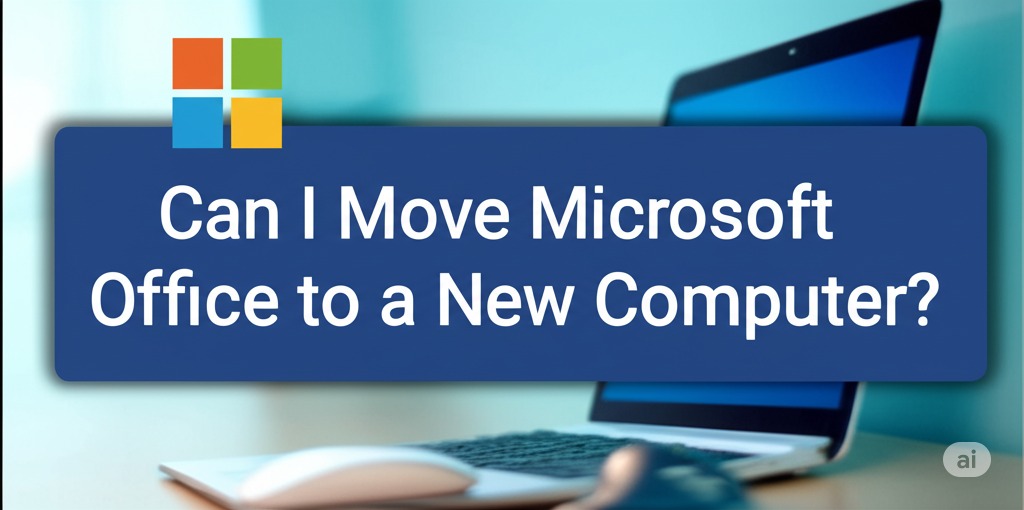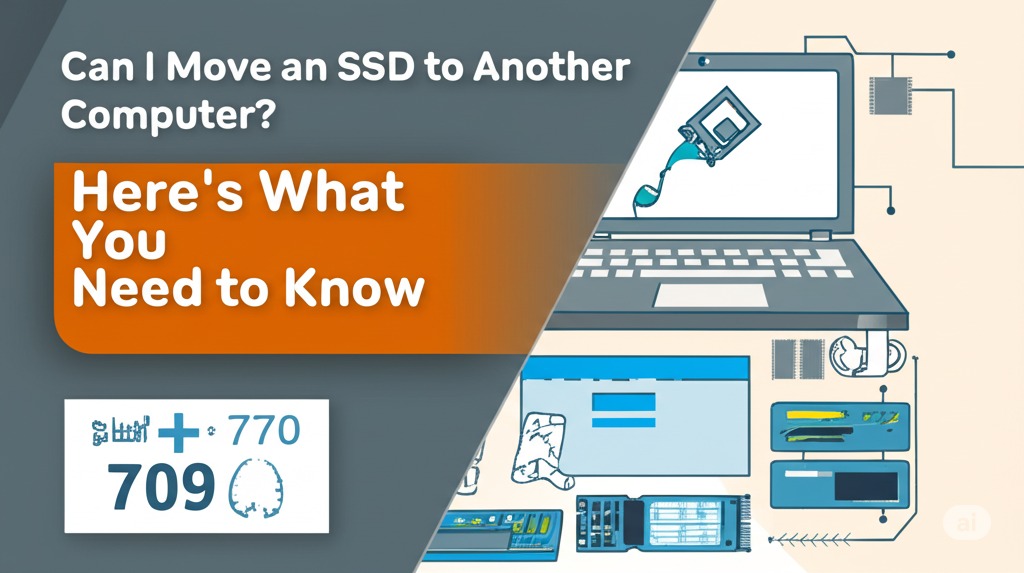Introduction
In today’s digital age, many people spend hours in front of a computer screen for work or leisure. As a result, eye strain and vision discomfort have become common concerns. If you wear glasses, you might be considering progressive lenses as an all-in-one solution for near, intermediate, and distance vision. But are progressive lenses good for computer work? This article explores the pros and cons of progressive lenses for computer use and whether they are the right choice for you.
What Are Progressive Lenses?
Progressive lenses are a type of multifocal eyeglass lenses designed to provide a seamless transition between different vision zones:
- Top section for distance vision
- Middle section for intermediate vision (e.g., computer screens)
- Bottom section for near vision (e.g., reading books or smartphones)
Unlike bifocals or trifocals, progressive lenses lack visible lines, offering a more natural and aesthetic look.
Benefits of Progressive Lenses for Computer Use
Progressive lenses can be beneficial for certain computer users, especially those who need correction for both near and far vision. Here’s why they might work for you:
1. Convenience of Multiple Prescriptions in One Pair
Instead of switching between different glasses for reading, computer work, and distance viewing, progressive lenses allow you to see clearly at all distances with just one pair.
2. Aesthetic and Seamless Design
Unlike bifocals, which have a visible line separating different focal areas, progressive lenses provide a smooth transition, reducing abrupt shifts in focus.
3. Reduced Neck Strain Compared to Bifocals
Bifocal users often experience neck strain because they have to tilt their head up to view the screen through the bottom (near vision) section. Progressive lenses offer a dedicated intermediate section, making computer use more comfortable.
Drawbacks of Progressive Lenses for Computer Work
Despite their advantages, progressive lenses have some limitations, particularly for those who spend long hours on a computer.
1. Limited Intermediate Vision Zone
The intermediate section of progressive lenses is relatively narrow. This can make it challenging to maintain clear focus on a computer screen, especially if your screen is large or positioned at an awkward height.
2. Increased Eye and Neck Strain
Because the ideal computer viewing area in progressive lenses is small, you may find yourself constantly adjusting your head position to keep the screen in focus. Over time, this can lead to neck strain and discomfort.
3. Adaptation Period
Many people experience an adjustment period when switching to progressive lenses. It can take a few days to a few weeks to get used to the gradual shift in prescription, which may cause initial dizziness or discomfort.
Are There Better Alternatives for Computer Use?
If you work on a computer for extended periods, you may benefit from alternative eyewear solutions:
1. Computer Glasses
Specialized computer glasses with a single-prescription lens optimized for intermediate vision can provide a more comfortable viewing experience. They also often include blue light filtering to reduce digital eye strain.
2. Office/Workplace Progressives
Unlike standard progressive lenses, workplace progressives (also known as occupational lenses) have a larger intermediate section, making them a better choice for computer users.
3. Bifocals with an Enhanced Intermediate Zone
Some bifocal designs include a larger intermediate section for screen work while still maintaining near-vision correction.
Tips for Using Progressive Lenses for Computer Work
If you decide to use progressive lenses for computer work, here are some tips to maximize comfort:
- Proper Screen Positioning: Place your monitor at eye level to avoid excessive head tilting.
- Adjust Your Chair Height: Ensure your eyes align naturally with the intermediate section of your lenses.
- Take Regular Breaks: Follow the 20-20-20 rule—every 20 minutes, look at something 20 feet away for at least 20 seconds.
- Consider Blue Light Protection: Adding a blue light filter can help reduce eye strain and improve comfort.
Conclusion: Are Progressive Lenses Right for You?
Progressive lenses offer convenience for individuals who need multifocal vision correction, but they may not be the best choice for dedicated computer use. If you spend long hours in front of a screen, computer glasses or workplace progressives may provide a more comfortable experience.
If you’re unsure which option suits your needs, consult with an eye care professional to find the best solution for your work habits and visual requirements.

Caleb Carlson is a contributing writer at Computer Site Engineering, specializing in computer technology, software trends, and hardware innovations. His articles simplify complex tech topics, making them accessible to readers of all levels.





